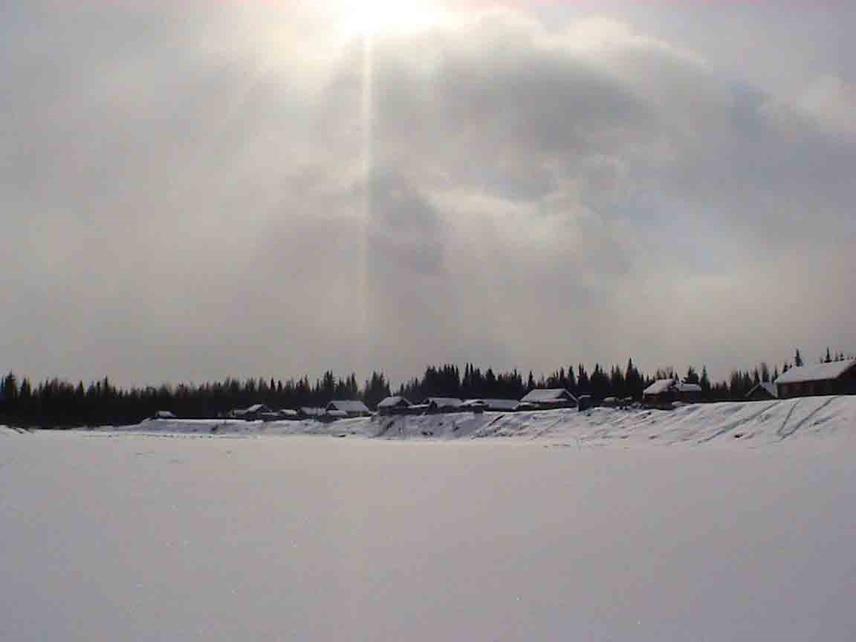Victor Kuznetsov
Other projects
26 Jun 2006
Organisation of a Territory of Traditional Land Use for the "Kirenga" Evenk Community, Russian Federation
The project’s aim is conservation of a unique habitat of endemic and endangered species and lands of traditional settlement and husbandry of indigenous peoples threatened today by uncontrolled tourism development.

The project includes assessment of the present social and natural environment in the model area, design of a programme for their sustainable development and engagement of the community in the decision-making process.
The project site, the Onguryon municipality, part of the Lake Baikal WNHS and Pribaikalskii National Park, includes four settlements of indigenous Buryats. With the Baikalo-Lenskii Nature Reserve to its north, it is the most northerly isolated section of Mongolo-Daurskii steppe on the western shores of the lake. The area is mostly virgin or slightly impacted where local inhabitants graze their livestock on steppe and forest-steppe areas and hunt in the mountain-taiga. The habitat of many IUCN rare and endangered terrestrial species and endemics, it forms a buffer to Baikal, the home of over 2500 species, 80% of which are endemic.
The area is accessible to poachers and is being encroached on by recreation centres. In 2007, a field study on 7000 hectares of the territory was undertaken by forestry, geo-botanic and landscape specialists to assess its present state and a GIS data base was created on the basis of its results. This project’s survey will be concentrating on the social situation in the area and work with local inhabitants. The socio-economic survey will reveal the influence of inhabitants on their environment and help create instruments to engage them in conservation and control over management decisions connected first and foremost with illegal tourist development.
The stability and long-term nature of contributions to conservation in Russia depend on the quality of management decisions concerning an area, the attitude of local inhabitants towards it and their support for conservation measures. Organs of state and the local administration will be addressed with the demand that they act in the interests of the local community and WNHS, taking into account the findings of the survey and sustainable development programme.
According to present law the Lake Baikal Natural Territory is divided into a Central Ecological Zone (CEZ), a Buffer zone and a zone of Atmospheric Impact (November, 2006). The project area is in the Central Zone. Certain forms of economic activity are prohibited here, but a detailed strategy for environmental protection, monitoring and economic use is still only in the process of design. The results of the present project will be submitted to the appropriate authorities for inclusion in this plan.